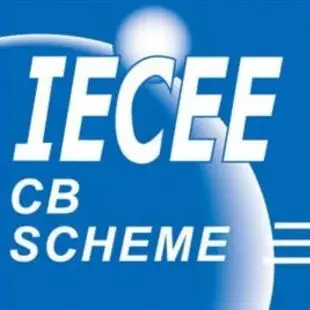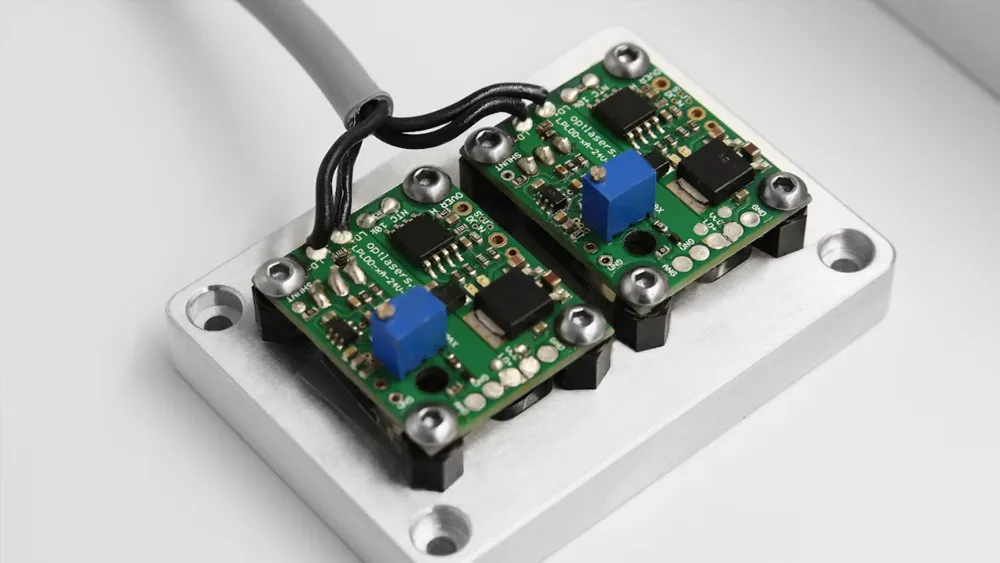
What is a CB Compliance Certificate?
The CB Scheme is an international mutual recognition conformity assessment system operated by IECEE (International Electrotechnical Commission System of Conformity Assessment Schemes for Electrotechnical Equipment and Components). Products evaluated through this system are issued a certificate, commonly referRED to as a cb certificate. The evaluation process is known as cb certification.
What is IECEE?
IECEE stands for the IEC System of Conformity Assessment Schemes for Electrotechnical Equipment and Components. It covers 22 categories of electrical and electronic equipment and associated testing services. These categories include:
- Batteries
- Cables and cords
- Capacitors as components
- Switches for appliances and automatic controls for electrical household appliances
- Energy efficiency
- Electrical vehicles
- Electromagnetic compatibility
- Household and similar equipment
- Industrial automation
- Installation accessories and connection devices
- Information technology audio video
- Lighting
- Measurement, control, and laboratory equipment
- Electrical equipment for medical use
- Miscellaneous
- IT and office equipment
- Low voltage, high power switching equipment
- Installation protective equipment
- Photovoltaics
- Safety transformers and similar equipment
- Portable tools
- Electronics, entertainment
Mutual Recognition of CB Certificates
CB certificates issued under this system are mutually recognized among member countries of the International Electrotechnical Commission (IEC). Subject to certain conditions (e.g., factory audits), these certificates can be converted into local entry certificates for member countries, such as CCC (China) or KC (Korea).
As of January 1, 2020, the CB system has 54 member countries, representing the majority of the global economy. These include:
- Americas: Argentina, Brazil, Canada, Chile, Colombia, Mexico, United States
- Asia: China, Bahrain, India, Indonesia, Israel, Japan, Korea, Malaysia, Pakistan, Saudi Arabia, Singapore, Thailand, United Arab Emirates, Vietnam
- Europe: Austria, Belgium, BULgaria, Croatia, Czech Republic, Denmark, Finland, France, Germany, Greece, Hungary, Netherlands, Italy, Norway, United Kingdom, Poland, Portugal, Russian Federation, Slovakia, Slovenia, Spain, Sweden, Switzerland, Turkey, Ukraine, Serbia, Belarus
- Africa: Côte d'Ivoire, Kenya, Nigeria, South Africa
- Australia and Oceania: Australia, New Zealand
CB Certification Process
The iecee cb scheme operates under ISO/IEC 17067 Certification System 1a. This involves testing selected samples and issuing certificates. Product testing must be conducted at a CBTL (cb testing Laboratory), which provides a test report. The NCB (National Certification Body) then reviews the report and issues the CB Certificate. Factory audits are not required under this system.
cb certified Product Lookup
CB certified products can be verified at:
https://certificates.iecee.org/ods/cb_hm.xsp
Marking Requirements
Currently, there are no mandatory marking requirements for CB certification. However, consumer electronics products applying for CB certification must meet the labeling requirements of the relevant IEC standards.

IECEE Logo Guidelines:
- IECEE permits certified manufacturers to use the IECEE Logo on their websites and promotional materials but prohibits its use on products or packaging.
- The IECEE Logo comprises two components that represent the IECEE brand and its relationship with the IEC.
- The logo must maintain its original proportions, with a minimum size of 6 x 13 mm.
Email:hello@jjrlab.com
Write your message here and send it to us
 Canada ISED Certification RSS-247 Standard Testing
Canada ISED Certification RSS-247 Standard Testing
 What Are the Product Compliance for Amazon Austral
What Are the Product Compliance for Amazon Austral
 Australia IoT Security Compliance
Australia IoT Security Compliance
 V16 Warning Light EU EN 18031 Cybersecurity Certif
V16 Warning Light EU EN 18031 Cybersecurity Certif
 Japan IoT Security JC-STAR Certification
Japan IoT Security JC-STAR Certification
 FCC SDoC Compliance Information Statement
FCC SDoC Compliance Information Statement
 What Does FCC SDoC Certification Mean?
What Does FCC SDoC Certification Mean?
 What is Bisphenol A (BPA) Testing?
What is Bisphenol A (BPA) Testing?
Leave us a message
24-hour online customer service at any time to respond, so that you worry!




